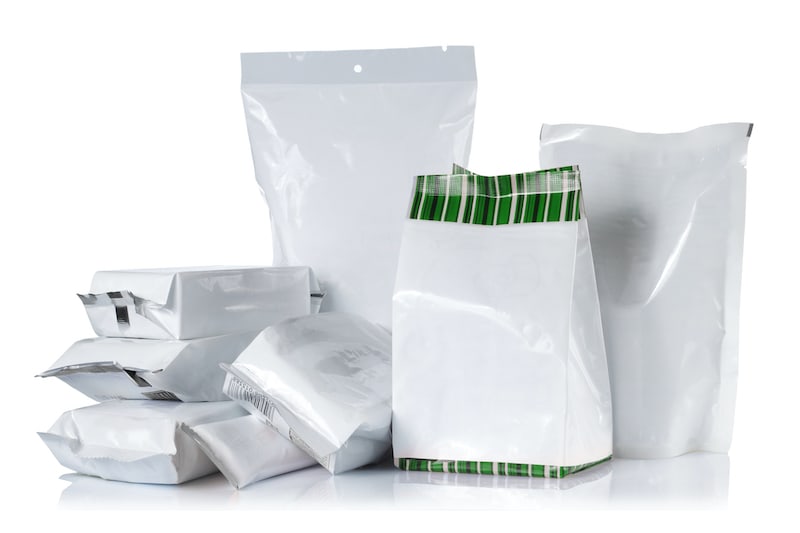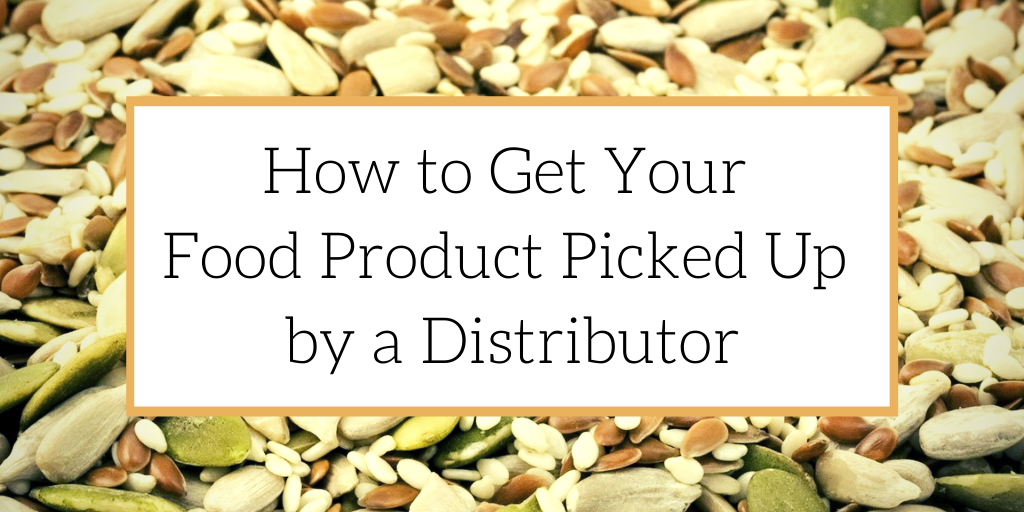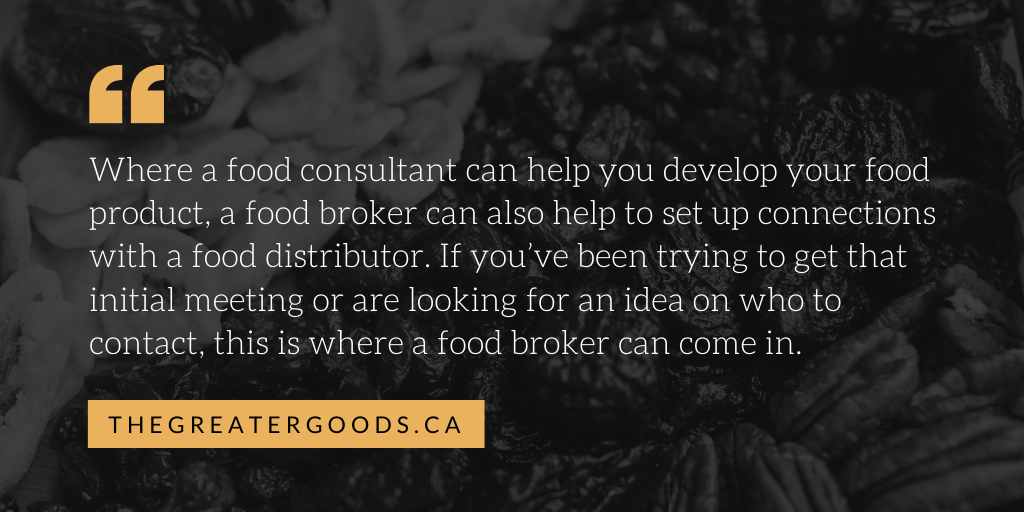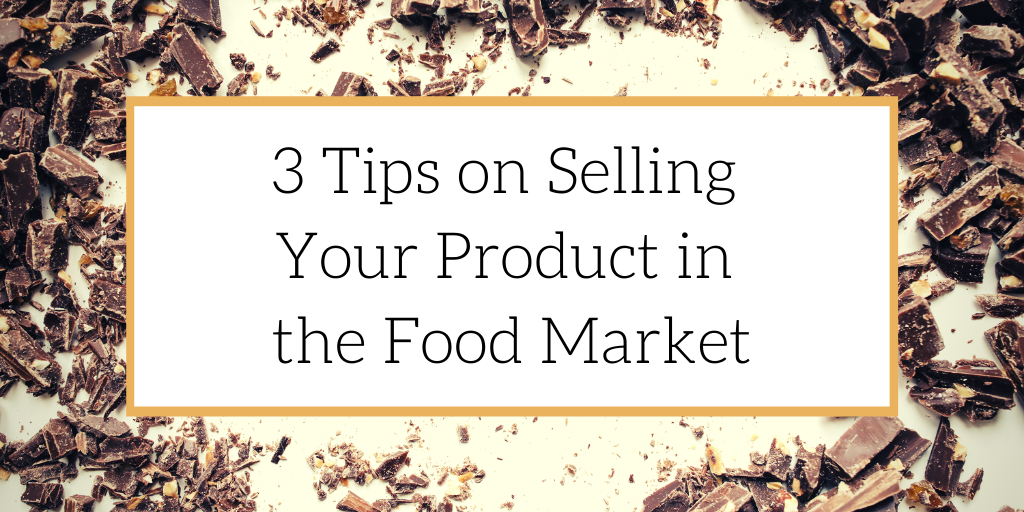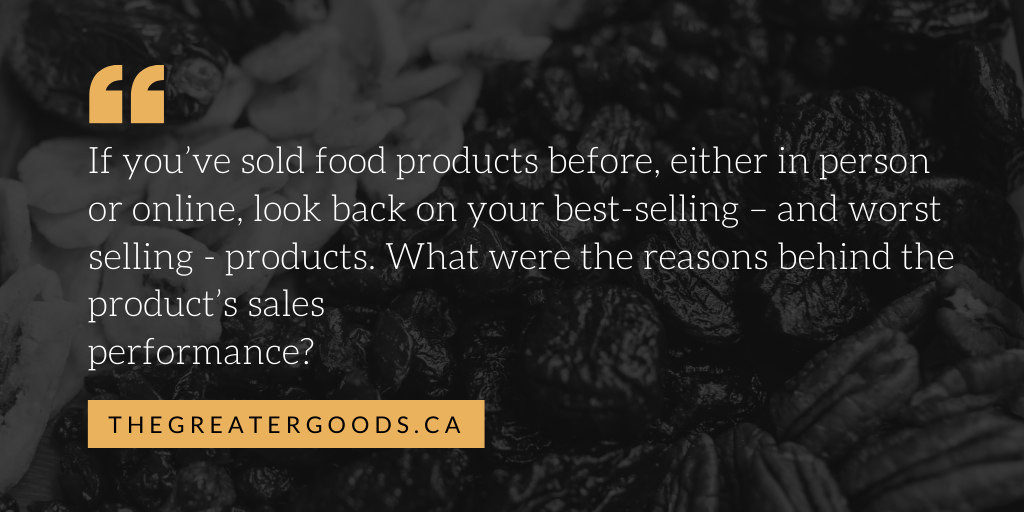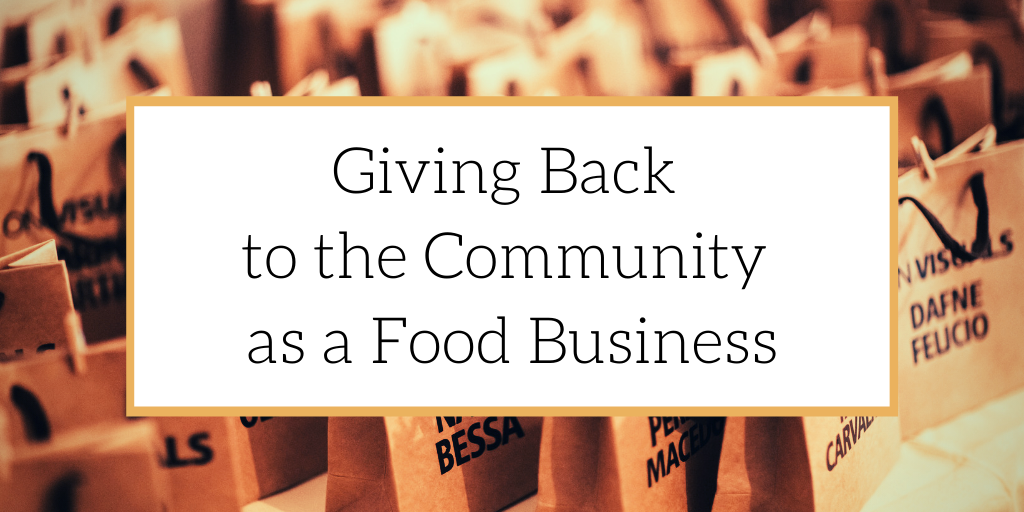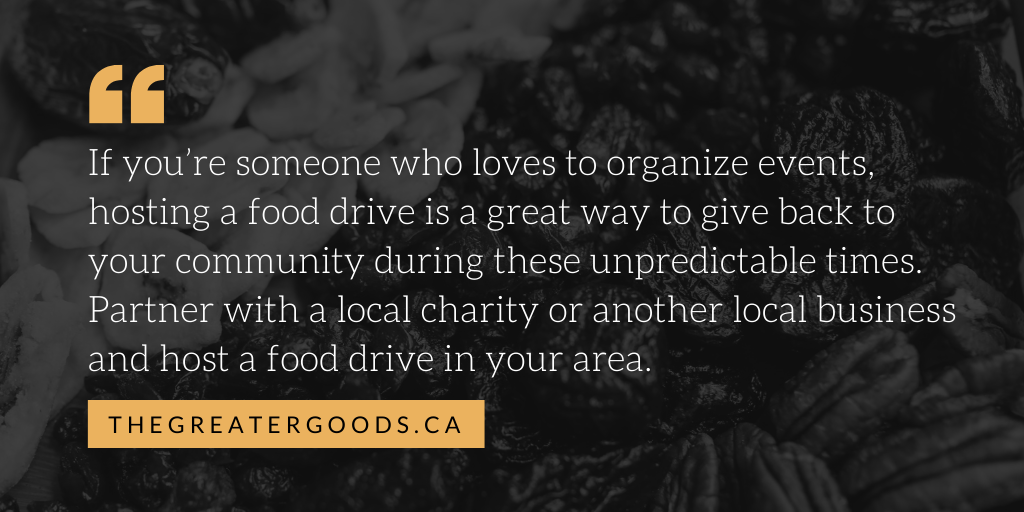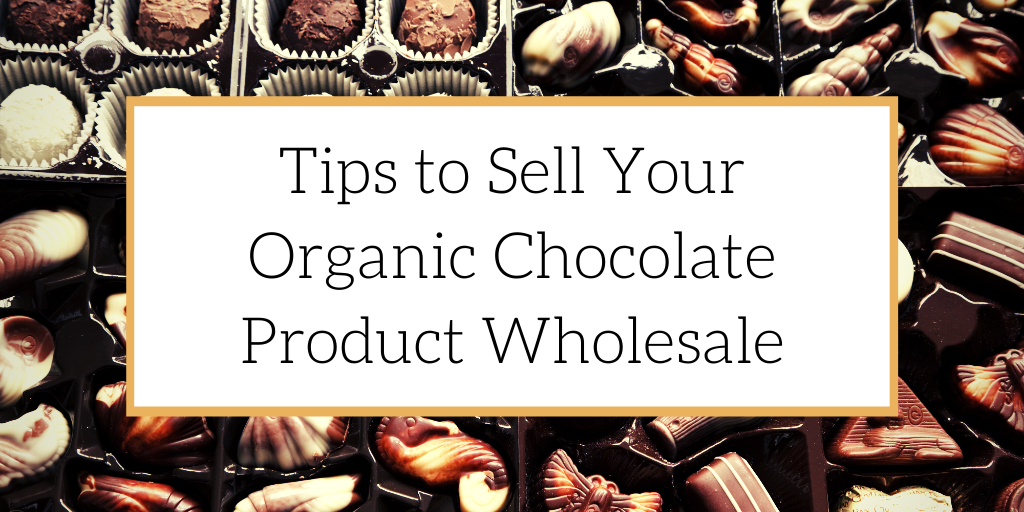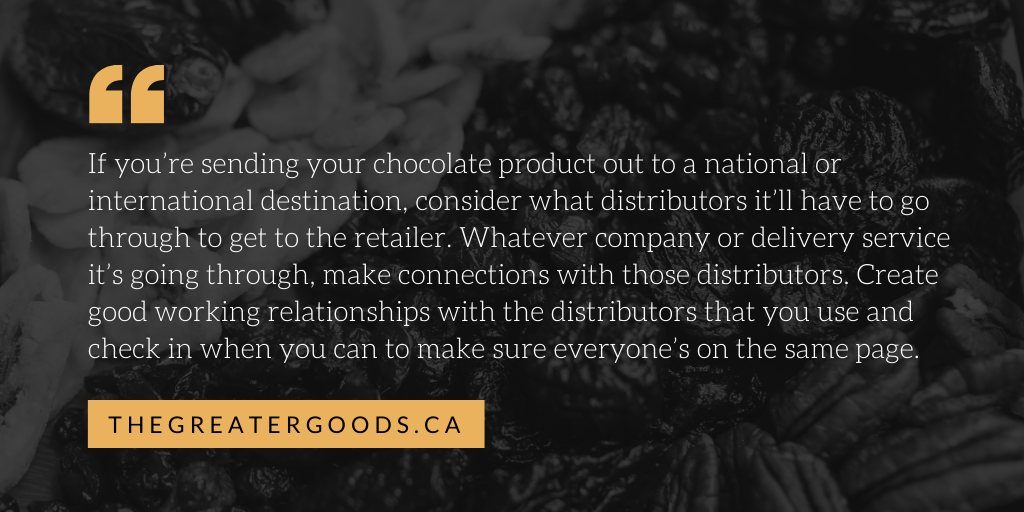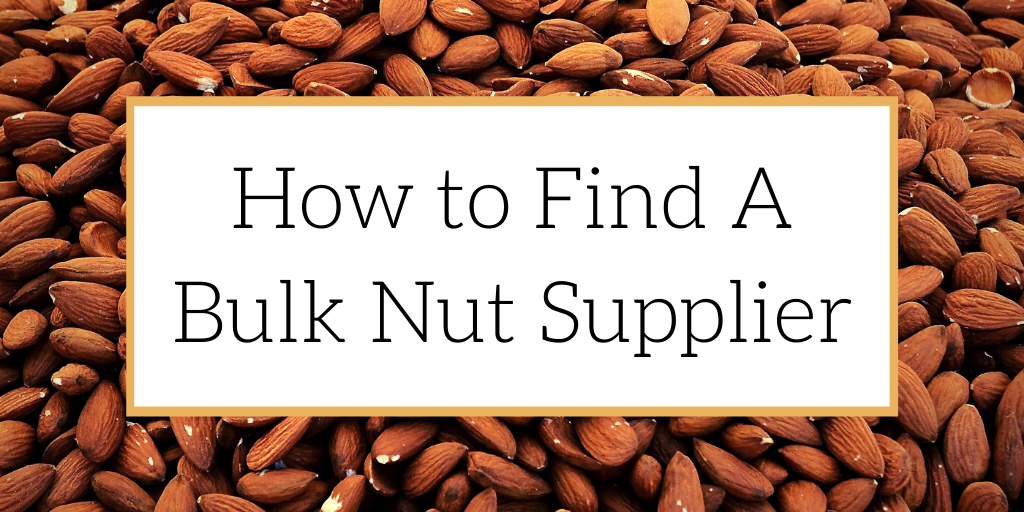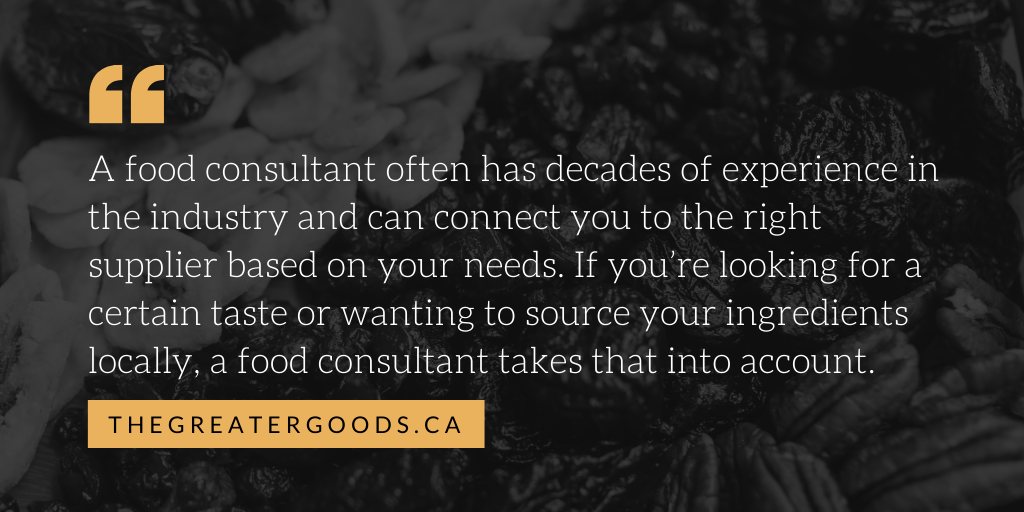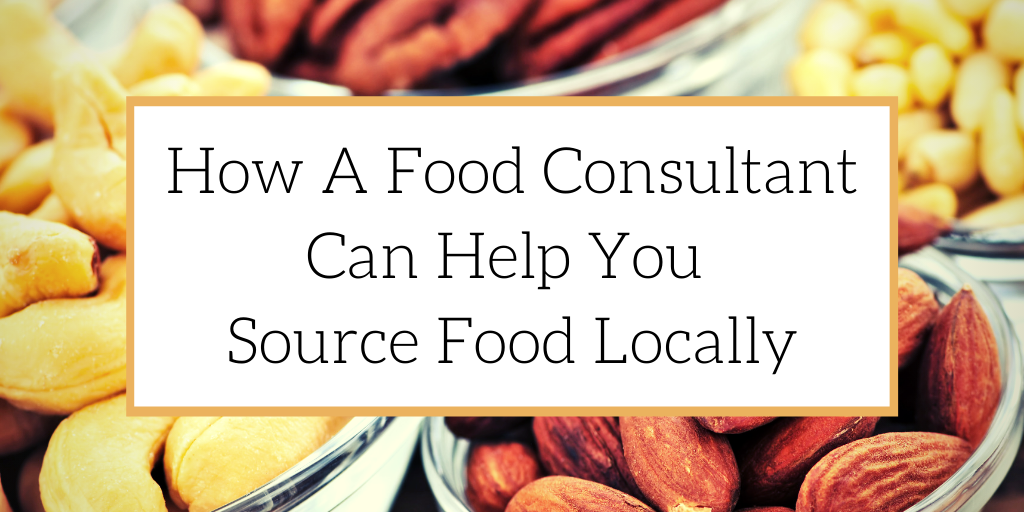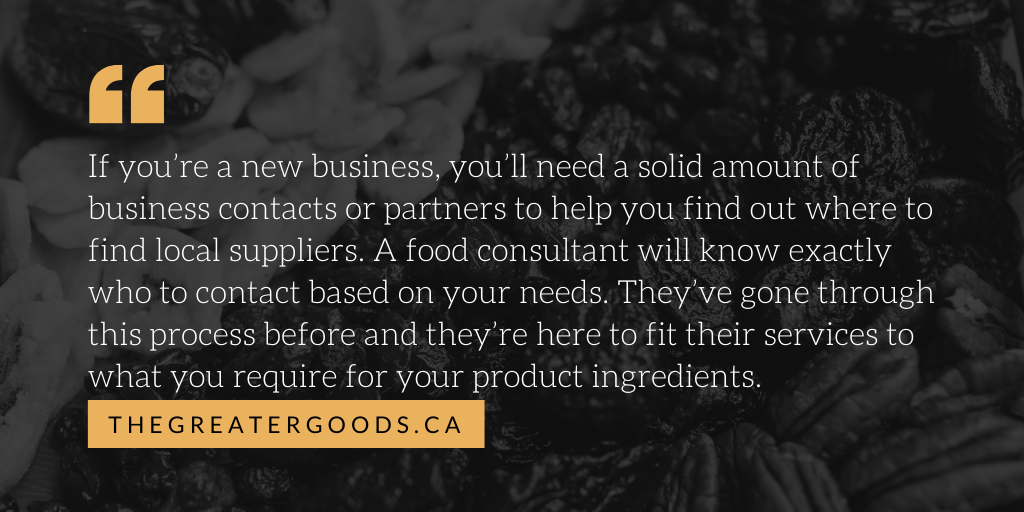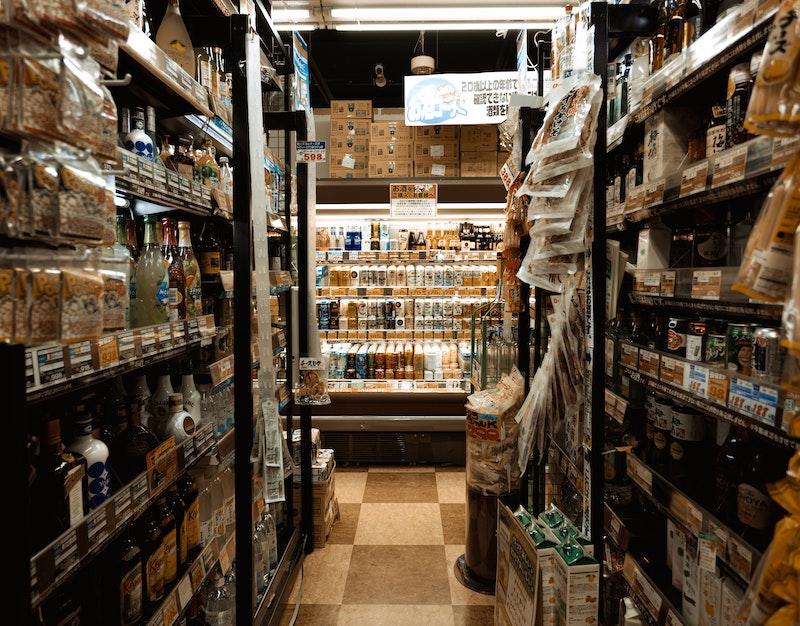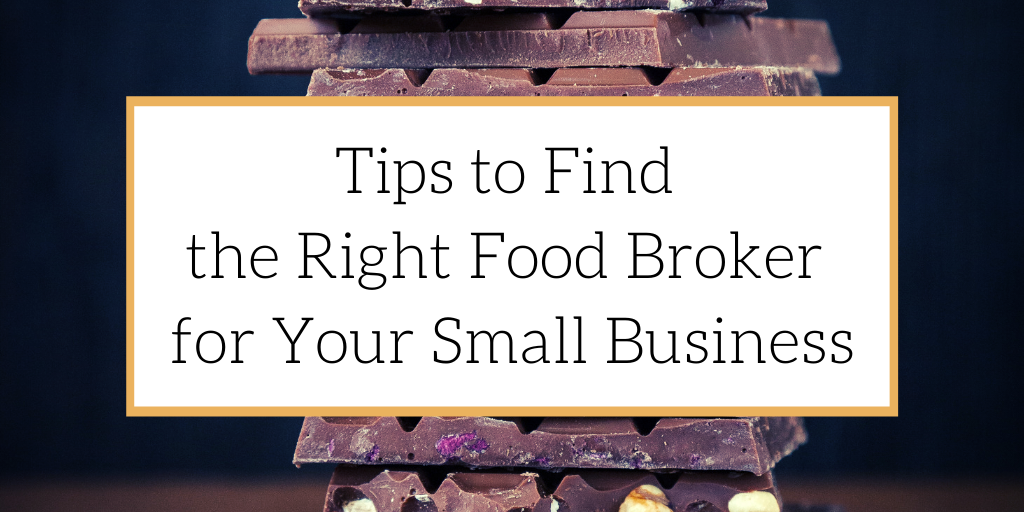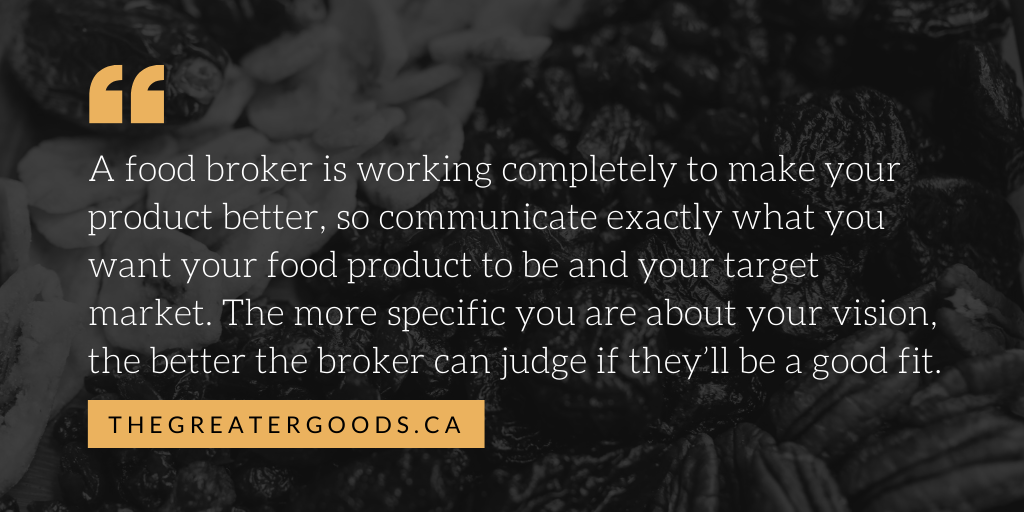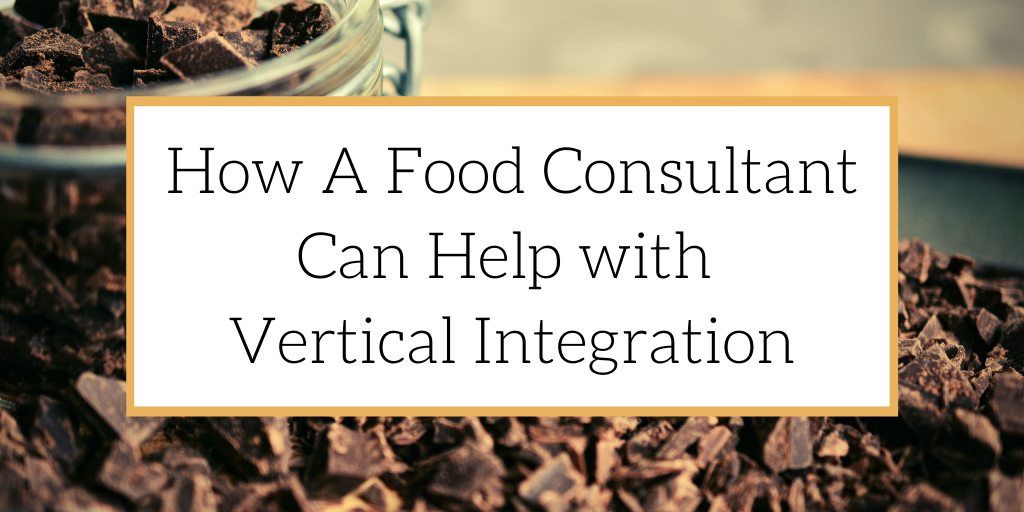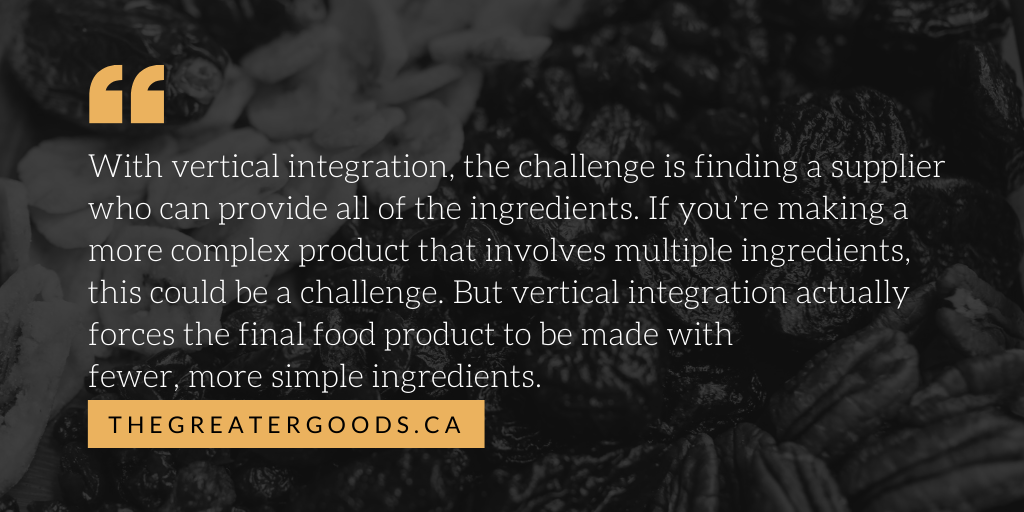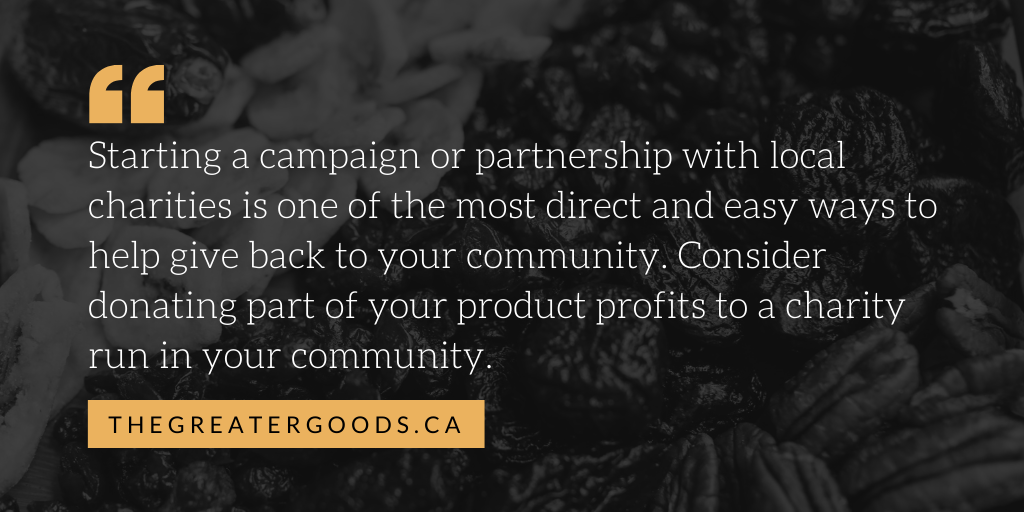When you sell food products, the packaging it comes in is among the most effective ways to boost sales. While taste is an important element of successful food sales, the packaging you use can have a big impact on whether or not you attract customers in the first place. Food packaging should entice customers, so it’s essential to make the packaging design an essential part of the production process. In order to come up with the right design while also keeping costs down, you should consider working with a food industry consultant. These consultants can provide you with valuable insight on food packaging.
Focusing on Function
Food packaging isn’t just about communicating your brand identity. The packaging you use should also provide safety and preserve freshness so that the quality of your products isn’t affected. Customers are more likely to continue buying your products when they know that they won’t have to worry about getting food that has deteriorated due to low-quality packaging. Keep in mind that food packaging also needs to have certain information on it, such as a nutritional fact panel and a list of ingredients. A food industry consultant can help you determine where this information goes, so that customers can easily read it. Consultants can also help you with other functional design elements, such as using eco-friendly packaging materials and design processes.
Considering Cost
One of the biggest parts of food packaging design is determining costs. While it’s important to stay within your budget, you shouldn’t compromise on certain elements that can make your packaging successful. Food industry consultants can help you choose packaging materials that provide safety, eco-friendly features, and aesthetic appeal. Working with a consultant can also help you keep costs within your budget throughout the design and manufacturing processes. For example, a consultant might help you find ways to reduce costs during the manufacturing process while ensuring that you spend enough on the design and development process.
Contact Us for Food Industry Consultant Services
If you’re looking for a food industry consultant to help you reduce packaging costs, please contact The Greater Goods for a free consultation. We can help you create successful food packaging that boosts product sales.
